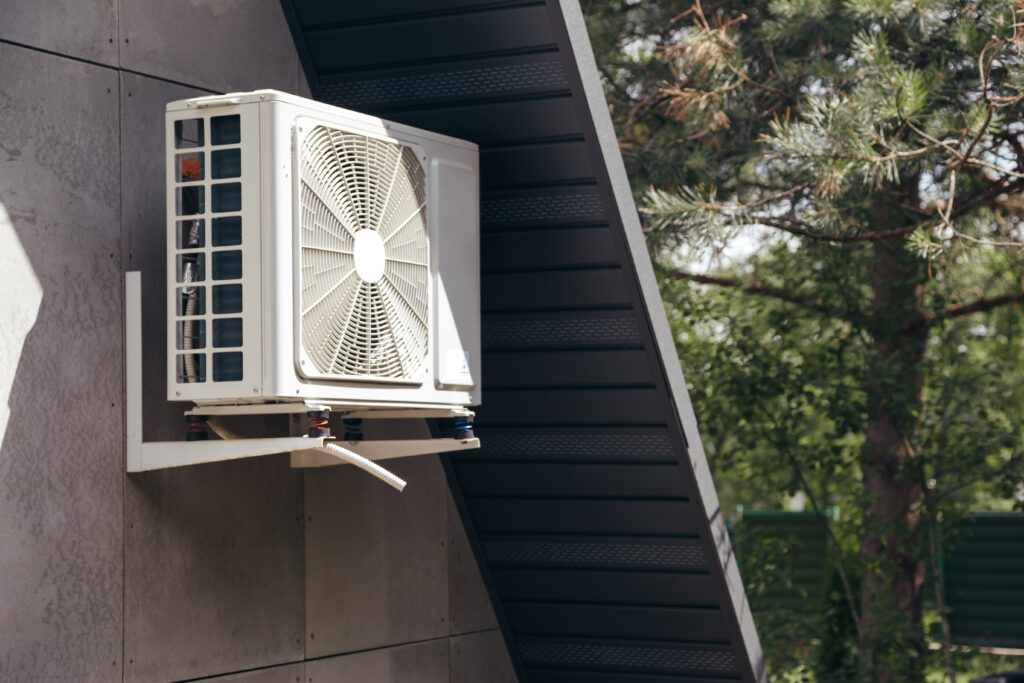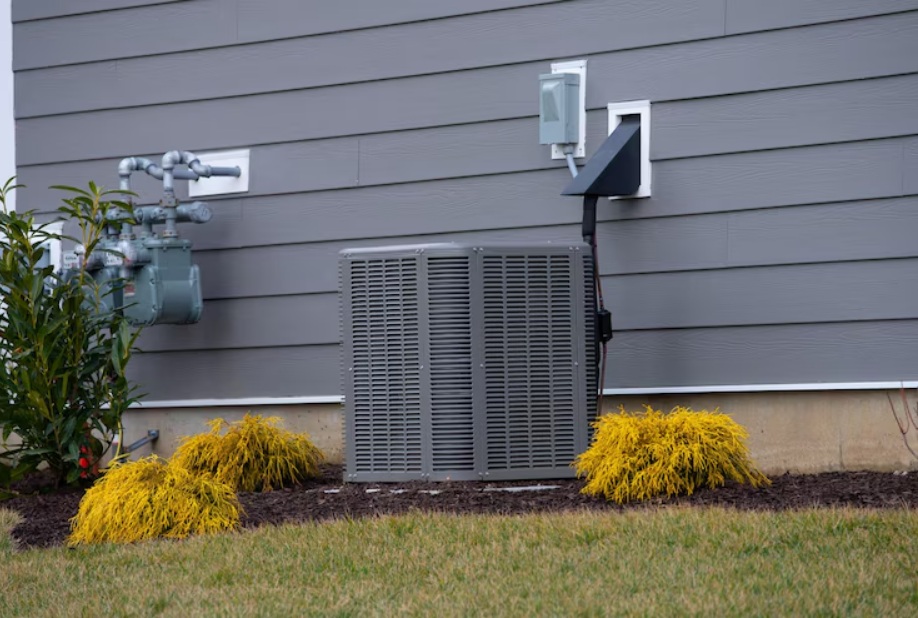Selecting the right air conditioning capacity for your new home isn’t merely a matter of comfort—it’s also about efficiency, cost-effectiveness, and ensuring the longevity of your HVAC system. For new homeowners, navigating the myriad of options available can be daunting. It’s crucial to choose a unit that not only fits the size of your space but also adapts to your specific living conditions.
The capacity of an AC unit is typically measured in tons or British Thermal Units (BTUs), and determining the right amount is vital for effective cooling. An undersized air conditioner will struggle to cool your home on hot days, while an oversized unit can lead to increased humidity, higher energy bills, and frequent on-off cycling which wears out the system prematurely.
Understanding AC Capacity And Its Importance
When you hear professionals talk about the capacity of an AC unit, they refer to how much heat the unit can remove from a house within an hour. This capacity is generally measured in either British Thermal Units (BTU) or tons, with one ton equaling about 12,000 BTU per hour. The fundamental principle is that the larger the area you need to cool, the higher the BTU requirement. However, choosing the right capacity goes beyond just figuring out the square footage of your home—it also encompasses considerations like ceiling height, insulation quality, window size, and even local climate.
Calculating The Correct Size For Your Home
Calculating the correct size of an air conditioner involves more than just knowing the square footage of the space. To start, you should calculate the area of each room you want to cool and add them together. However, for a more precise estimate, a series of other factors need to be considered:
- Ceiling height: Higher ceilings mean more space to cool.
- Window size and exposure: Large windows or those facing south can lead to more heat buildup.
- Insulation quality: Better insulation keeps cool air in and hot air out, affecting AC efficiency.
- Local climate: Homes in hotter climates will require a unit with a higher capacity.
Professionals often use detailed calculations and scientific principles to determine the exact size of unit required, often utilizing a Manual J calculation for precision.
Choosing Between Different Types Of Air Conditioners
Once you understand how much cooling capacity you need, the next step is to consider the type of air conditioner that would best suit your home:
- Central air conditioners are one of the most common choices and are ideal for cooling multiple rooms or larger spaces efficiently.
- Window units provide a more compact solution for single-room cooling.
- Ductless mini-split systems offer versatile installation options and individual room control, which can be an excellent fit for homes without traditional ductwork.
In addition, consider energy efficiency ratings such as SEER (Seasonal Energy Efficiency Ratio). A higher SEER rating indicates a more energy-efficient unit, although these models can be more expensive upfront. We help guide our customers through the benefits of various models, offering tailored recommendations based on specific household needs.
Impact Of Improper Sizing
Installing an air conditioner that’s too large or small for your space can lead to numerous problems. An oversized unit will cool the house quickly but cycle off before it can dehumidify the air, leading to a clammy feeling and inefficiencies in energy consumption. On the other hand, an undersized unit will run continuously, struggling to achieve the desired temperature, resulting in excessive wear and tear and increased energy bills.
Correct sizing not only optimizes comfort and energy use but also prolongs the lifespan of the unit by avoiding short cycling and constant strain on its components.
Maintenance Tips For Maximum Efficiency
Selecting the right AC unit is a great start, but maintaining it properly is essential to ensure it operates at its best. Here are some tips:
- Regularly replace or clean air filters, at least every two months during peak usage, to maintain optimal airflow and indoor air quality.
- Schedule annual maintenance checks with a professional to keep the system operating efficiently and address any issues before they lead to more significant problems.
- Keep the area around outdoor condensers clear of debris and foliage to ensure adequate airflow.
- Seal and insulate ductwork to prevent loss of cool air and additional strain on the system from having to work harder.
Regular upkeep not only enhances your system’s efficiency and longevity but also helps maintain its warranty. Hence, engaging with a trusted HVAC professional for routine check-ups and timely repairs is crucial to maximize the benefits of your air conditioning system.
By understanding these essential aspects of selecting and maintaining the appropriate AC capacity, homeowners can ensure consistent comfort in their living spaces and optimize their system’s efficiency and longevity. Proper sizing and well-informed decisions regarding types and maintenance of air conditions create a comfortable, healthful, and cost-effective home environment.
Ensure Comfort With The Right AC Choice
Choosing the correct AC capacity is crucial for ensuring your home is a haven of comfort and efficiency. By understanding key factors like space dimensions, local climate, and insulation quality, you can determine the ideal AC unit that suits your needs. Remember, the right air conditioner enhances your living space, reduces energy costs, and maintains the system’s health.
If you’re ready to find the perfect air conditioning solution for your home, we are here to help. Our team at Standard Heating, Cooling & Plumbing offers expert advice, installation services, and ongoing maintenance to keep your unit running efficiently. Don’t just settle for any AC unit—choose the best one for your home. Contact us today to schedule a consultation and take advantage of our HVAC services in Hoover, AL.











